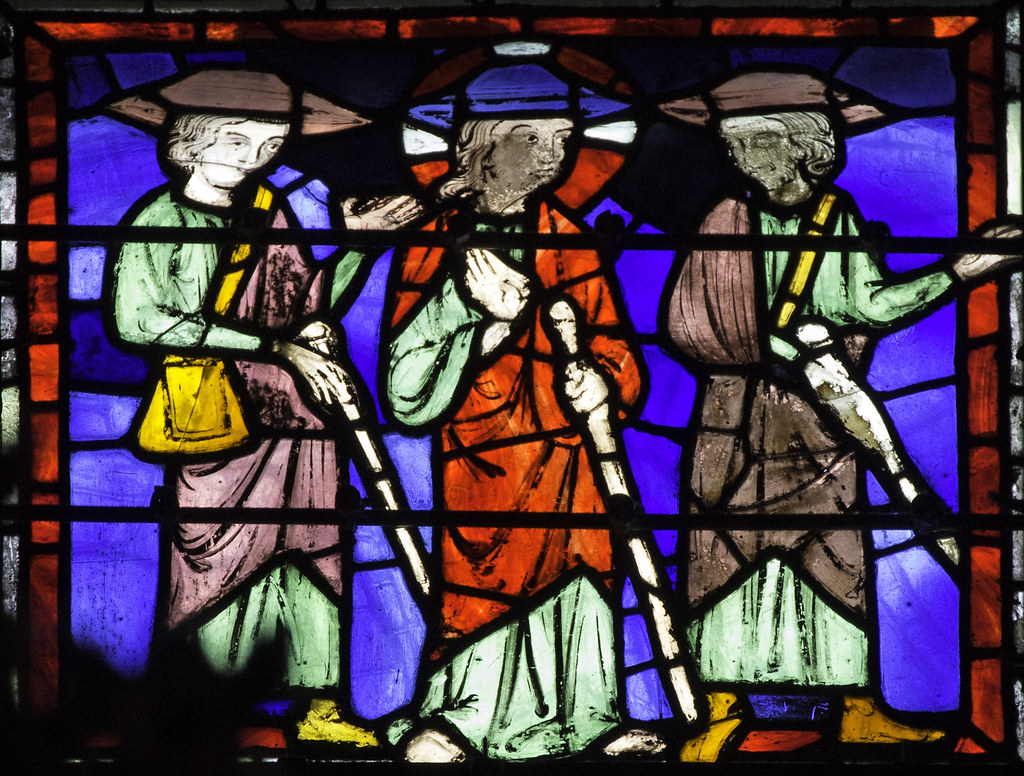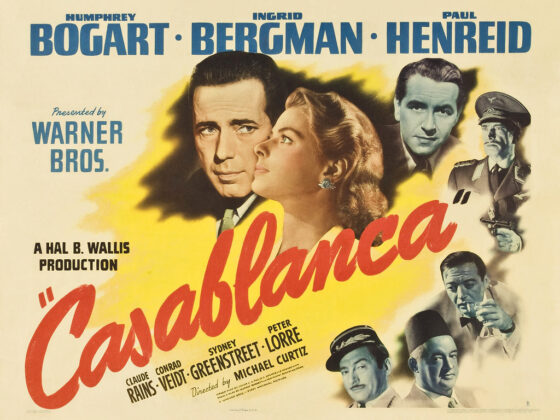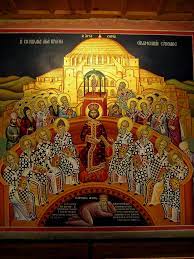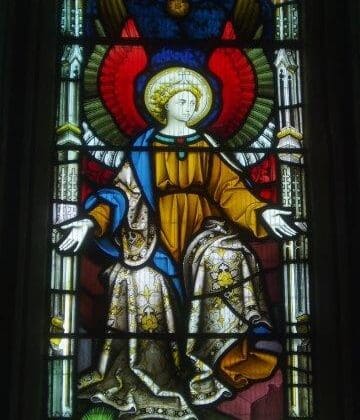Afterward Jesus appeared in a different form to two of them while they were walking in the country. (Mark 16:12)
Doctrine, discipline, and worship are companions on the way as the Church follows Jesus Christ.
This truth is enshrined in the ordination oath of the Episcopal Book of Common Prayer: “Will you be loyal to the doctrine, discipline and worship of Christ, as this Church has received them?” (BCP 526, 538).
When William Love first took this oath in 1991, he did so in good conscience. But in the following years, the Episcopal Church began changing its doctrine of marriage, its worship, by approving “trial use” liturgies for same-sex couples, and its discipline by amending its constitution (Article X) and canons (I.17.5; I.18.1; II.3.6) and by passing resolutions to authorize same-sex marriage rites (A045 [2015]) and to require that every diocese provide same-sex marriage to those seeking it (B012 [2018]).
Bishop Love protested these changes as a bishop of the Communion Partners group and then standing alone by attempting to block same-sex rites in his diocese. He argued that biblically, God ordained marriage for one man and one woman (Gen 2:24; Mark 10:7-9), that this was the historic teaching and practice of the Church and the Anglican Communion, and that this teaching was enshrined in the liturgies of the Book of Common Prayer.
The Episcopal Church (TEC) disagreed with him and charged him with violating his ordination oath, and the Hearing Panel agreed with TEC. In so doing, they articulated a different configuration of how doctrine, discipline and worship walk together.
TEC and Bishop Love agreed that the doctrine of the church concerning marriage is of weighty importance, not a secondary matter that can be overlooked. But whereas Bishop Love appealed to the teaching of Scripture and tradition, the Hearing Panel justified TEC’s doctrinal revisions in terms of current norms of moral therapeutic deism.
Depriving same sex couples of access to matrimony materially and substantially impacts their spiritual, emotional and physical well-being as people of God. The expression of love changes dramatically when it is recognized, welcomed and witnessed. The loss of a public ceremony impacts the couple, the family and friends and the community…. All of which leads to persistent stress and the impact of this: numbness, resentment, low self-esteem, grief, loss of agency, shame and isolation. (pages 19-20)
Next, they argued that Bishop Love had knowingly violated the discipline of the Church by openly refusing to enact Resolution B012 in his diocese. He did not deny this.
Bishop Love defended his action by appealing to the worship of the Church, in particular to the Prayer Book Catechism and to the preface of the marriage rite, “Concerning the Service,” which states that “marriage is a lifelong covenant [or union] between a man and a woman.” The Panel argued that the Church’s new marriage canons “modernize” the Prayer Book service, which now applies only to “cis-gender” couples, and they supplement rather than contradict the Catechism:
What the passage of B012 accomplished was not altering the commentary Concerning the Service at [page] 422 or in the Catechism at [page 861], but, instead, it creates multiple, separate canonical marriage rites for same-sex couples that are not restricted by the commentary Concerning the Service. Nor are the rites constrained by a Catechism that expressly states it is meant to be an “outline” of instruction and not a “complete statement of belief and practice.” (page 36)
Sensing perhaps the Humpty-Dumptyesque distortion of language in this explanation (“when I use a word, it means just what I choose it to mean”), the Panel goes on to assure everyone that amendments to the marriage prefaces and catechism are on the agenda as part of a comprehensive revision of the BCP.
Would it not have been more straightforward if TEC had revised the Prayer Book first and then forced its new interpretation on the Church? The problem with this approach was that it would have upset a lot of laypeople who want their Prayer Book the way it is and might stop sending in their tithes or (heaven forfend!) leave altogether.
And not only the laity might be upset. Resolution B012 (§9) preserves the “discretion of any Member of the Clergy of this Church to decline to solemnize or bless any marriage.” The original sense of this provision was to allow clergy to decline to officiate any particular marriage because they determined that the couple were unfit or unready to be married. It did not mean that clergy could decline to marry a class of people, e.g., inter-racial couples. So the framers of B012 tacitly conceded to dissenting clergy the right to refuse a same-sex marriage on principle. Surely this loophole will be closed before long. At this point, TEC is indulgent of dissenting clergy, but a dissenting bishop, that’s a mit(r)e too far.
In a perverse way, the Episcopal Church is upholding the logic of “doctrine, discipline and worship,” and Bishop Love was found guilty of holding his diocese hostage to an outdated doctrine of holy matrimony. TEC is walking in lockstep, to be sure, but it is toward the City of Destruction.
“Jesus on the Road to Emmaus” by Lawrence OP is licensed under CC BY-NC-ND 2.0: Detail from a window in the Sainte Chapelle, Paris.





